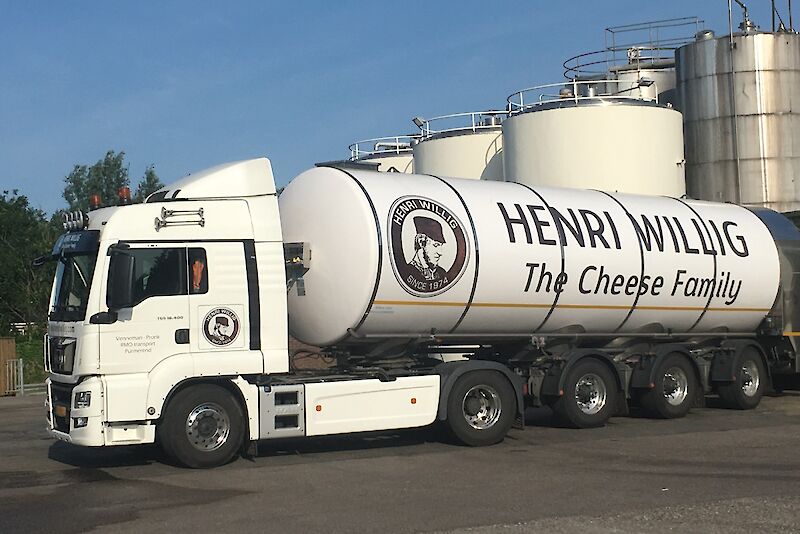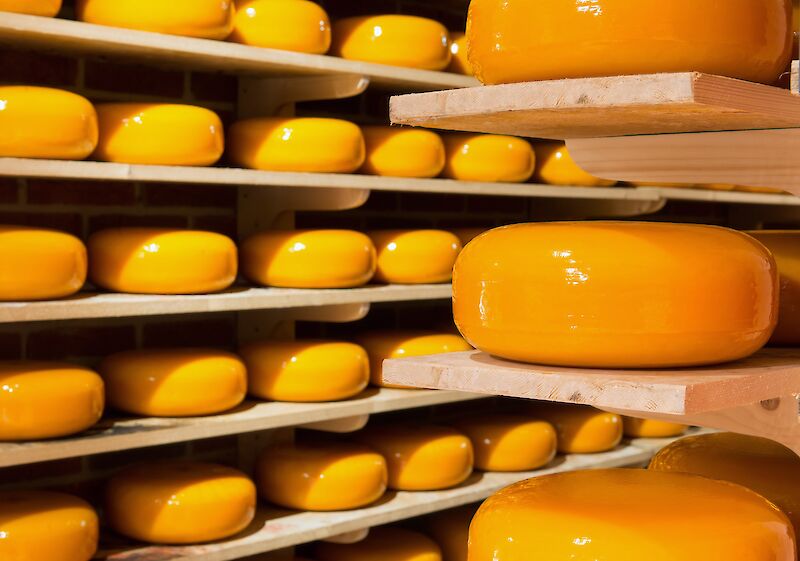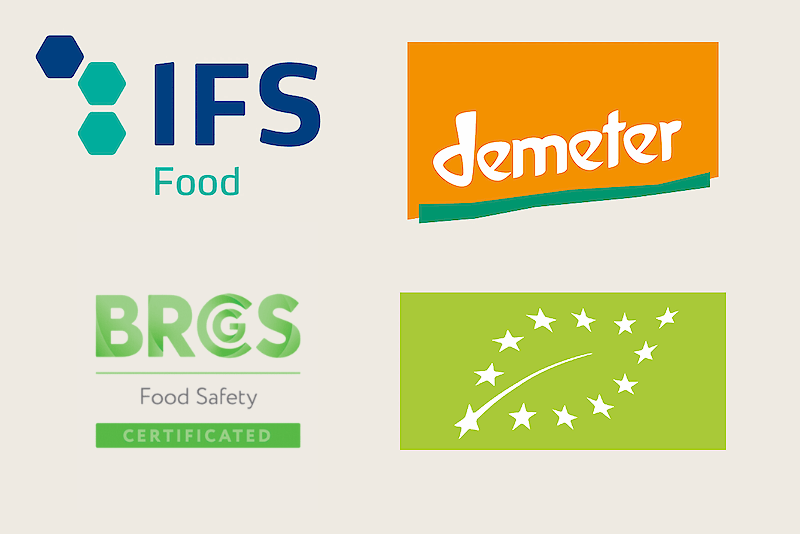The production process of our cheese
Our dairy farmers
We work together with around 40 different Dutch milk suppliers, many of whom farm in an organic, sustainable and environmentally-conscious manner.
Cheese dairies
Our cheeses are made in one of our two cheese dairies. One is located right next to the farm in Katwoude and the other, larger one is in Heerenveen. Here, the milk - whether it comes from cows, goats or sheep - is strictly tested for freshness and quality, as only the best milk is used in our cheese production process. After these quality checks, that milk becomes the basis for our delicious cheese.

Our cheese magic - produced with passion, suitable for vegetarians
Most of our cheeses are made from pasteurised milk that is heated together with the addition of rennet and our own special starter culture - the magic that gives cheese its Willig flavour! At Henri Willig we use microbial rennet, which is made from living organisms such as yeast or mould, instead of traditional animal rennet, allowing us to make cheeses that are also suitable for vegetarians.
These two things cause the milk to split into two vital parts, the curd and the whey. The curd is separated from the whey, and at this point we add herbs or other natural flavourings - if it is to be one of our flavoured cheeses - before pressing it into moulds and shaping it in the traditional way. The cheeses are then transferred to a salt bath where, for a period of several hours to several days - depending on the size of the cheese - the salt contributes to the flavour and to create a firm texture and long shelf life. The cheeses mature naturally and are regularly handled, turned and visually inspected to ensure the best possible taste. We then leave the cheeses to mature for a few weeks to over a year. The ageing time affects the intensity of the taste - the older the cheese, the stronger the impact in the mouth!

Our food safety
All our cheeses are made to the safest possible standards. The entire process, from purchasing and logistics to after-sales service, is carefully laid out in our quality manual. Our production process is periodically checked according to HACCP standards (Hazard Analysis Critical Control Points), BRC (British Retail Consortium) and IFS (International Food Standard). Thanks to these quality system certificates, we meet the highest standards in food production and packaging required at European and international level. These standards guarantee uniformity and food safety at a high quality level.



